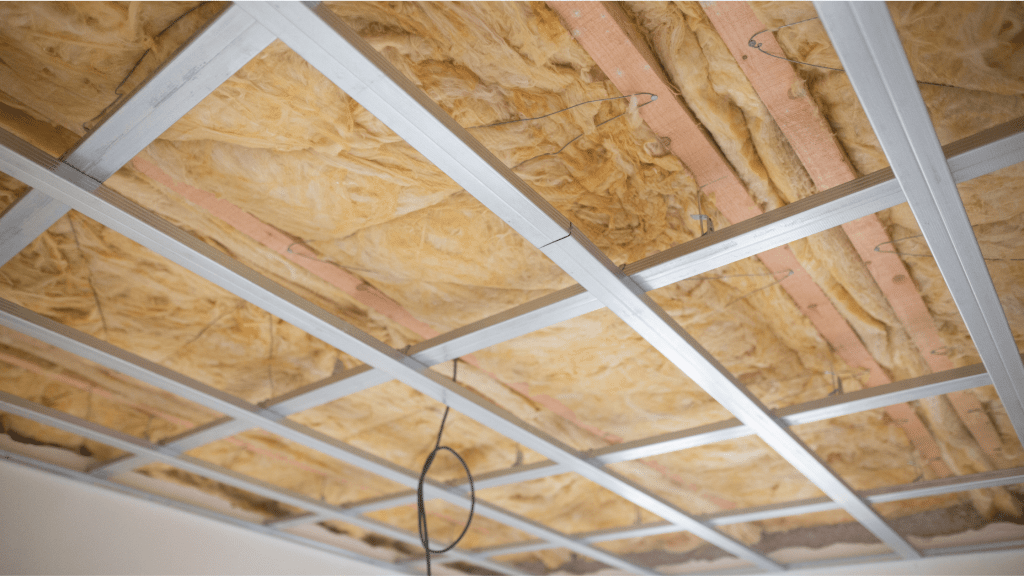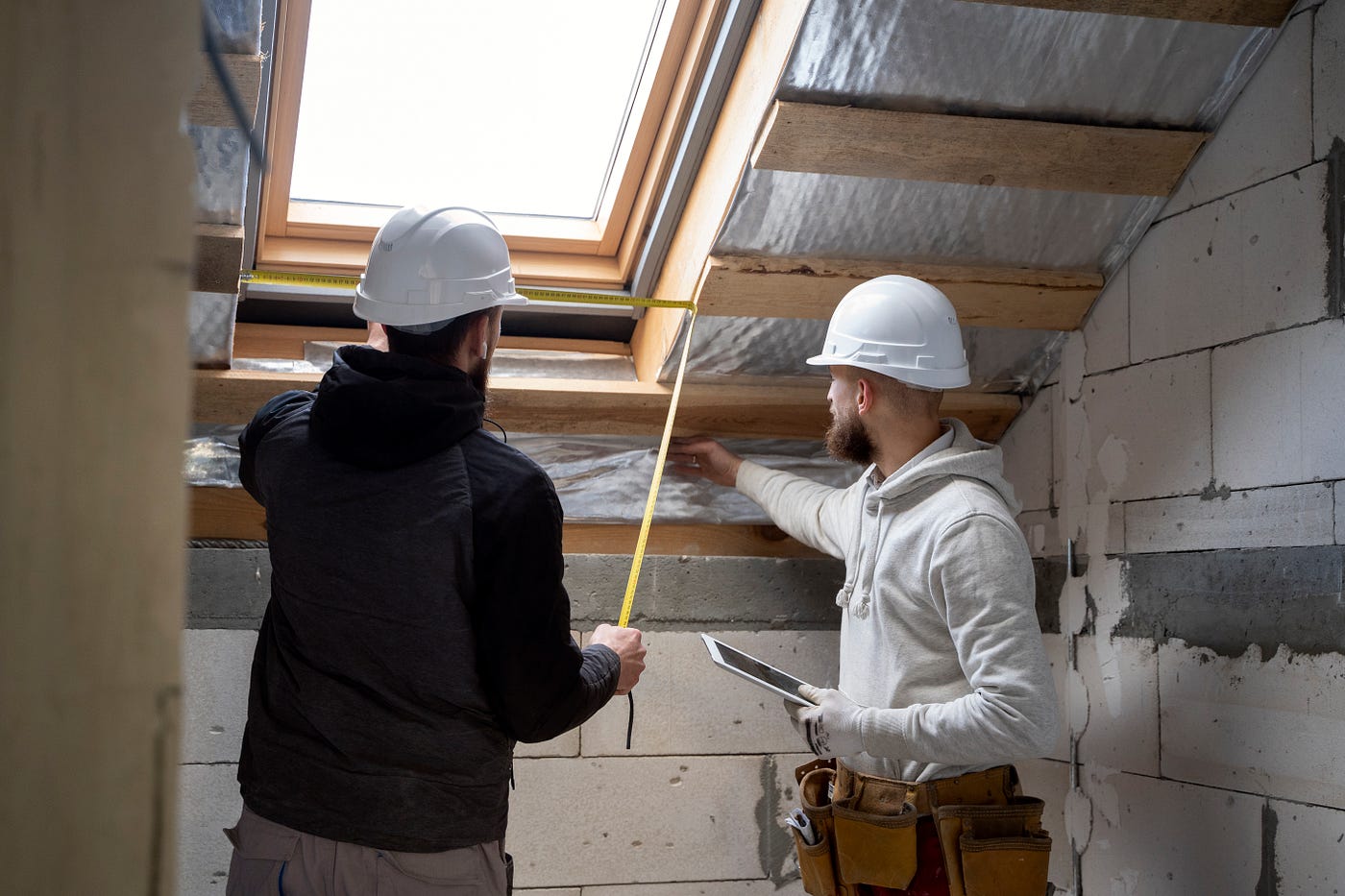How Insulation Grants Can Help Pensioners Save on Energy Bills
Managing your energy bills can be a nightmare especially when you’re on a fixed income. For pensioners every little helps and insulation grants can be a godsend in reducing your heating bills. These grants provide financial help to make your home more energy efficient and therefore reduce your energy bills.
You might be wondering how to get these grants. The process is often simple. By applying for an insulation grant you can get funding to insulate your home so it’s warmer in winter and cooler in summer so you don’t need to over heat or over cool.
These can save you money. Insulating your home can make it more comfortable and energy efficient and a more sustainable and cost effective lifestyle.
Insulation Grants
Insulation grants can be a lifeline to help pensioners manage their energy bills. These grants cover different types of insulation and have specific criteria.
What are Insulation Grants?
Insulation grants are funds to help pay for insulating your home. These grants are to improve energy efficiency, reduce heating costs and lower carbon footprint. They are often part of government or local council schemes to support vulnerable groups including pensioners.
Grants can cover full or part of the cost so it’s more affordable for you to upgrade your home. Applying for these grants can help reduce financial stress especially during colder months when bills are sky high.
Types of Insulation Covered
Insulation grants cover several types of home insulation. Some of the most common are:
- Loft Insulation: This type keeps heat from escaping through your roof.
- Cavity Wall Insulation: Insulates the space between the walls in your home.
- Solid Wall Insulation: For homes with solid walls, internal or external.
- Floor Insulation: Reduces heat loss through the floor, overall warmth.
You may need to choose the one that suits your home best. For example loft insulation is often the easiest and most cost effective for most homes.
Pensioner Eligibility
Eligibility for insulation grants varies by scheme. Generally pensioners must meet:
- Age: 60 or over.
- Income: Low income or receiving pension credit.
- Home Ownership: Own your home or landlord consent if renting.
- Energy Efficiency: Assessed through an energy performance certificate.
If you meet these criteria you can apply successfully. Check the specific criteria of the grant you’re interested in.
For more information see https://ecogrants.co.uk/insulation-grants-for-pensioners/.
Energy Bills

Insulating your home can save you money on your energy bills and make your home more comfortable. Proper insulation reduces heat loss, long term cost savings and environmental sustainability.
Heat Loss
Insulation’s main job is to slow down the rate of heat loss from your home. This means your home is warmer in winter and cooler in summer. You won’t need to use your heating or cooling as much.
Reduced use of heating and cooling means lower energy consumption. Most importantly fewer drafts and cold spots make your home a more comfortable place to live.
Long Term Savings
While the initial cost of installing insulation is a concern, focus on the long term savings. Once installed insulation will start saving you money straight away. Over time you’ll see a big reduction in your energy bills.
Many studies show you can save up to 20% on your energy bills after proper insulation is installed. Those savings add up so the initial cost is highly cost effective.
Environmental Benefits
Beyond the savings, proper insulation has a positive environmental impact. By reducing the energy required to heat and cool your home you are reducing carbon emissions. That’s cleaner air and helps combat climate change.
Using energy more efficiently means using less non renewable sources. Given the current state of the environment this benefit of insulation can’t be ignored. Insulating is good for your wallet and the planet.
How to Apply for Insulation Grants

Applying for insulation grants is a few steps but if you know the process it’s easy. Small mistakes can delay your application so pay attention to detail.
Application Steps
First check if you’re eligible by visiting the government or local council website. They usually list the criteria including age and income requirements. Fill out the preliminary eligibility form online to save time.
Next gather your documents. Typical documents are proof of income, age and homeownership. Some grants will require quotes from insulation providers so get these early.
Submit your application through the recommended channels. This could be online, by post or in person. Check everything twice before submitting to make sure it’s correct.
Finally keep copies of everything you submit. You may need them for follow up queries or appeals if your application isn’t approved straight away.
Common Mistakes to Avoid
One common mistake is incomplete applications. Make sure you fill in every section and attach all the required documents. Missing information will delay your application.
Another is not checking the eligibility criteria properly. If you don’t meet the basic criteria your application will be rejected and you’ll have wasted your time.
Check your details twice. Errors in your personal or income information will reject your application.
Lastly missing deadlines will disqualify you. Note all the important dates and try to submit your application well before the final deadline to avoid last minute hassles.
Additional Resources and Support

Having the right support can make all the difference when applying for insulation grants. Local and government resources are available to help you through the process so you can get the best advice and service.
Local Support Groups
Local groups provide targeted support to the community. These groups can help you understand the application process, fill out the forms and recommend reliable contractors.
- Community Centres: Many run energy efficiency workshops.
- Charities: Age UK for example provide specific support for pensioners.
- Local Councils: They may have information on additional funding or local schemes.
These offer human interaction and tailored advice.
Government Help Lines
Government run helplines for energy related grants.
- Energy Saving Trust: Advice on home energy efficiency and grants.
- Department for Business, Energy & Industrial Strategy (BEIS): Government updates.
- Citizen Advice: Will guide you through the application process and help with any issues.
Contacting these will clarify eligibility and application process.
Energy Saving Tips
In addition to grants, practical advice will save energy.
- Energy Saving Trust Website: Tips on insulation and other energy saving measures.
- Online Calculators: Home Energy Check will estimate your savings.
- Professional Assessors: Hire an assessor to get personalised advice and get the most out of your grant.
You can save big on your energy bills.
Summary
Insulation grants are a great opportunity for pensioners to reduce their energy bills and make their home more comfortable and efficient. Financial assistance for different types of insulation helps to alleviate the stress of high heating costs on a fixed income. Applying for these grants is straightforward with clear criteria and resources to help you through the process.
Insulation grants will give you immediate and long term savings and help the environment. Proper insulation reduces heat loss, reduces reliance on heating and cooling systems and lowers carbon emissions. Beyond the financial and environmental benefits a well insulated home means a more comfortable living space, draft free and cold spot free.
For pensioners applying it’s important to check eligibility criteria, gather all the required documents and submit accurately and on time. Using local support groups and government helplines will give you extra guidance and make the application process smoother. With the right resources and support pensioners can reduce their energy bills and live a more budget friendly and eco friendly life.







